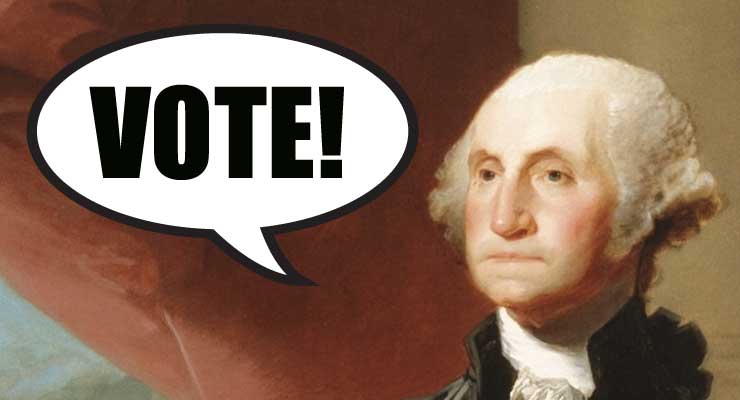 The Supreme Court has severely, and steadfastly, compromised the Voting Right Act’s effectiveness over the past decade and things could get worse. This article by G. Michael Parsons and Joshua Sellers is published by Harvard Law Review. Here is an excerpt:
The Supreme Court has severely, and steadfastly, compromised the Voting Right Act’s effectiveness over the past decade and things could get worse. This article by G. Michael Parsons and Joshua Sellers is published by Harvard Law Review. Here is an excerpt:
The Voting Rights Act of 1965 (VRA) is an essential safeguard of the political equality of racial and ethnic minorities. Yet the Supreme Court has severely, and steadfastly, compromised the VRA’s effectiveness over the past decade. Through novel constitutional doctrines, strained statutory readings, and inconsistent application of procedural principles, the Court has placed the VRA’s future in doubt. The result is a less representative, less inclusive democracy.
In February, the Court sent shockwaves through the voting rights world when it abruptly stayed a district court decision holding that Alabama had violated the VRA. In explaining the decision to step in, Chief Justice Roberts and Justices Kavanaugh and Alito strongly signaled that the VRA, as conventionally applied in redistricting disputes, is in a precarious state.
Last month, the future trajectory of the VRA started coming into focus—and the picture is bleak. In Wisconsin Legislature v. Wisconsin Elections Commission, the Court’s conservative majority initiated a radical overhaul of four decades’ worth of established doctrine in yet another opinion rushed out without full briefing or oral argument.
Read the full article here.
Leave a Reply